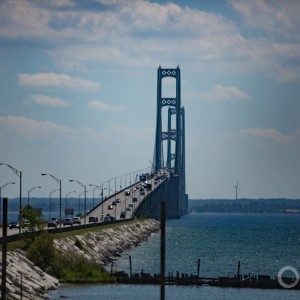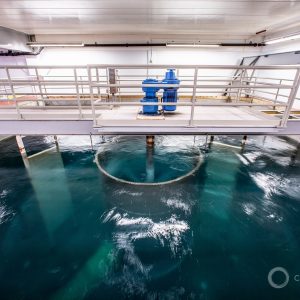The Stream, June 23: One-Third Of Hospitals Lack Running Water In Developing Countries
The Global Rundown
A survey of hundreds of hospitals in developing countries found that a third of them do not have reliable access to running water, putting medical care in jeopardy. Deliveries of water, food, and other aid to Syrian refugee camps are at risk after Jordan sealed its border this week. Erosion along the Brahmaputra River has displaced hundreds of families in Bangladesh. The Netherlands is relocating homes and reclaiming river floodplains to fight rising water. The California drought has exacerbated tree deaths in Sierra Nevada forests, increasing the risk of wildfires. A USGS study found that more than half of the water in the Colorado River comes from groundwater. The Queensland government bought a large cattle station to reduce soil erosion that is polluting the Great Barrier Reef. Zimbabwe resorted to import bans to protect its economy, which has been weakened by a severe drought. China is enlisting citizens to identify and record the country’s most polluted waterways.
“Sometimes it’s hard for me. When I go with my boat, one moment it’s amazing, but sometimes I have also some tears. Because I miss my neighbors. It’s a mixed-up emotion.” –Anneke van Lelieveld, a resident of Noordwaard in the Netherlands, on efforts by the Dutch government to relocate homes from river floodplains to provide space for rising water. (PRI’s The World)
By The Numbers
64,000 refugees Number living in two encampments on Syria’s border with Jordan. Jordan closed the border this week after a car bomb attack, cutting off aid deliveries of water and food to the camps. Associated Press
200 families Number living in Garuhara, Bangaldesh that have been displaced over the past two years by rampant erosion along the Brahmaputra River. Reuters
66 million trees Number that have died in six California counties since 2010 due to a combination of drought, bark beetles, and higher temperatures. The dying Sierra Nevada forests pose a large wildfire risk, according to federal officials. Associated Press
$7 million Amount spent by the Queensland government to purchase a large cattle station in an effort to stem soil erosion that flows into nearby rivers and eventually pollutes the Great Barrier Reef. Guardian
Science, Studies, And Reports
A full one-third of hospitals in developing countries around the world do not have access to reliable, running water, according to a report by researchers at the Johns Hopkins Bloomberg School of Public Health who assessed 430 hospitals in 19 countries. Medical providers at these facilities often rely on expensive water deliveries or rain barrels, which can go empty in the dry season. Science Daily
Approximately 56 percent of the water flowing in the Colorado River comes from groundwater sources, scientists with the U.S. Geological Survey found. Researchers hope to use the information to better predict how the river might respond to changing levels of precipitation and snowpack. The Denver Post
On The Radar
Zimbabwe is restricting imports of a broad range of products in an attempt to conserve cash as it contends with the economic fallout of a severe drought. The government estimates that 4 million people in the country need food aid, and some industries are operating at just 35 percent of capacity. Reuters
A new Chinese initiative to record the country’s most polluted waterways has listed more than 1,300 locations since February. The “hei chou he” program enlists citizens to identify and photograph the rivers in the first step toward clean-up. Guardian
A news correspondent for Circle of Blue based out of Hawaii. She writes The Stream, Circle of Blue’s daily digest of international water news trends. Her interests include food security, ecology and the Great Lakes.
Contact Codi Kozacek




